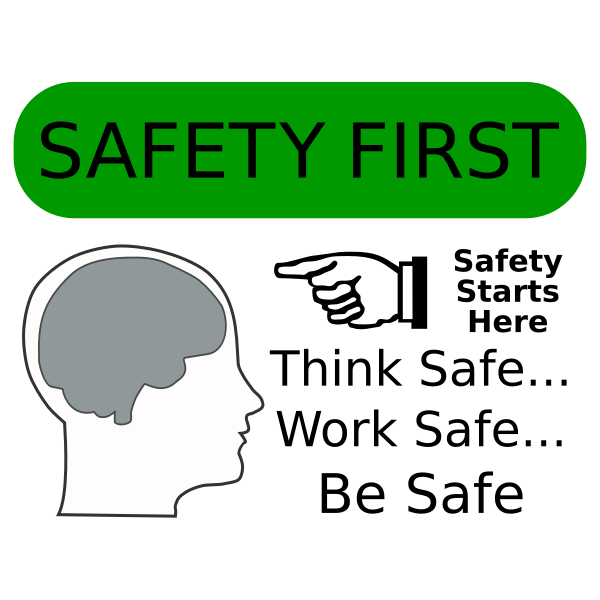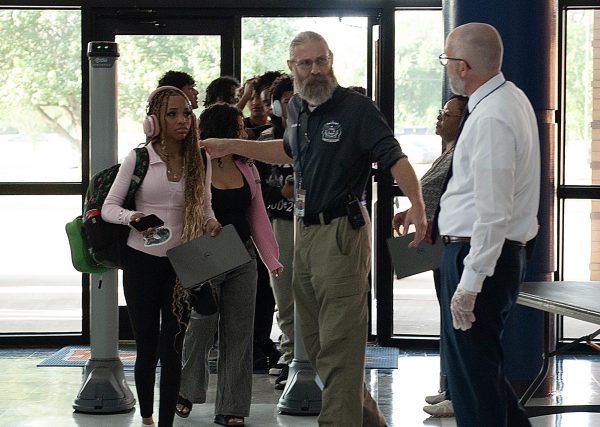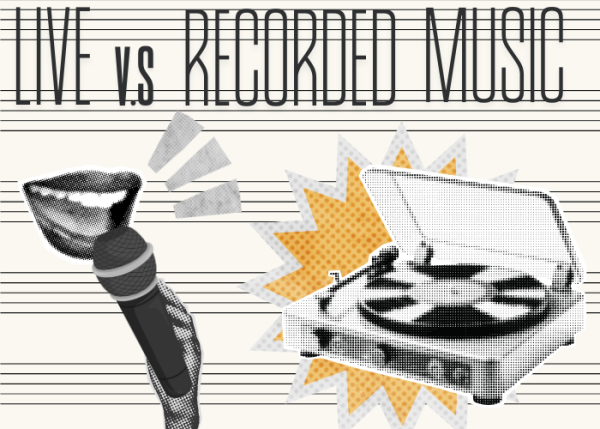Staying safe in college

Think Safe, Work Safe, Be Safe.
Often after graduation, students live outside their home for the first time.
With this rite of passage comes a new, often unknown area to navigate: personal safety. It is important to learn how to keep yourself safe.
A few main areas of safety to consider are your house, your car, and public.
Being Safe in Your House
The first step to keeping your property safe – whether a house, apartment, or dorm – is to lock your doors and windows. If you own your house, installing a kickplate can prevent your door from being kicked in, but most students don’t own a house until many years after graduation. There are many solutions for those who rent if you are worried about your locks failing, such as alarms, portable door locks, and security bars. If you can, install a deadbolt.
Inside the dorm, always keep important and private documents, such as birth certificates and your social security card, in a safe space. This could be hidden or in a safe or lockable file drawer. You can also rent a safety deposit box at a bank to hold your valuables.
If you live with a roommate, create boundaries for guests in the dorm when you are not there. Also, set boundaries for what you and your roommate share and what is not shared. This will protect your property, which is especially important depending on how well you know your roommate or how different your habits and expectations are.
Know the emergency exits and read over the emergency exit plans. It is important to know where to go in case of fire, flood, or tornadoes.
Save emergency and nonemergency numbers into your phone. Good numbers to have handy: campus police, city nonemergency police, and county nonemergency police.
It is also important to have a trusted person in your city on your emergency contact in case of timely emergencies, such as sickness or car troubles. It is also important to keep the insurance number available in case of accidents.
Consider creating and keeping an emergency contact and ID list in your wallet.
Safety in your Car
Once again, always lock your car doors. It is a good idea to either have a car with auto locks or to install one if able, but either way, know how to quickly lock and unlock your doors.
It is important to maintain your car mechanically as well. O’Reilly Auto Parts has a series of videos on at-home maintenance.
https://www.youtube.com/c/oreillyautoparts/videos
Every month or so, check your oil and coolant levels (while the engine is cool). Low levels of either will affect the engine function. It is important to change your oil regularly depending on your car manufacturer’s recommendation.
When and how to check the air filter varies by car. Check your owner’s manual to determine both. If the air filter flows improperly, fuel efficiency decreases, emissions increase, and your engine life decreases.
Every month, or before any long road trips, it is important to check your tires. A tire pressure gauge is a good purchase if you go on long trips regularly. You can find the recommended PSI on the inside of the driver’s door, in the owner’s manual, or on the tire.
If your tire pressure is low, many gas stations have air stations. If possible, fill your tires at the coldest point of the day. When temperatures drop, so does the pressure.
You can also purchase an air pump that runs off your car battery. Before purchasing, be sure the pump has a PSI reader.
It is also important to check tread depth. Tread depth measures how deep the groves in your tire are. This is important to maintain traction on the road when driving.
You can check tread depth by placing a penny upside down in the tread. Once the penny is in the tread, if you can see all of President Lincoln’s head, it is time to replace your tires. Sometimes, simply rotating your tires can be enough to even out tread depth. Rotating your tires extends their life.
Tire balancing is also important for safe driving; it is used to ensure that the pressure on the tire is distributed evenly around the wheel. If you feel a shaking or vibration as you drive, your tires may be imbalanced.
Alignment is the adjustment of your car’s suspension. Signs you need an adjustment are uneven tread wear, the vehicle pulling to the side when driving if your steering wheel is not centered when driving straight, and steering wheel vibration. This is important to have a licensed technician or mechanic check if any of these signs occur.
Once a month, check that your headlights, turn signals, brake lights, and parking lights all function properly.
More long-term, it is important to check internal function. To find a master list of vehicle maintenance, go to your car manufacturer’s webpage or to Bridgestone Tire’s https://www.bridgestonetire.com/learn/maintenance/ultimate-car-maintenance-checklist/#
Staying safe in public
Staying safe outside the home is the most important aspect of safety in college. Whether it is a late night studying or a night on the town, it is important to return home safely.
Especially after dark, a “buddy system” is a good way to stay safe in public. If you’re out with a group of friends or studying, never wander off alone. Consider parking close to each other or walking to one car and driving the other friends to their cars.
Stay in well-lit areas, whether on campus or in the town, and avoid dark corners or shortcuts. If you notice an area on your college campus that is not well-lit, reach out to campus security or safety officials to request lighting in the area.
If you go out alone, or on a date, it is important to let a friend know where you are going and when you should return. Also, consider letting them know the names of the people you are meeting.
Have a plan in case you need to leave suddenly. Whether it is an awkward date or something more sinister, your friend calling with a sudden emergency is a good excuse to leave.
If you feel unsafe, make sure you ask an employee to walk you to your car, and make sure you aren’t followed. If you suspect you are being followed, call 911 and drive to the nearest police station or populated area. Do not drive home.
Keep your cell phone accessible and charged at all times.
If you need a ride, call a friend or campus police first.
If neither can help you, call an Uber or taxi as a LAST RESORT, but always note the taxi number or make and model of car to tell a friend. If you call an Uber, always have them greet you first before entering the car, and confirm the identity of the driver. It’s important not to ask, “Are you Jason?” and instead ask, “What’s your name?” to confirm the identity. If the car does not match the information on the app, cancel the ride and call a new driver.
If you ever feel unsafe in an Uber or feel they are driving in the wrong direction, call the police immediately.
Even if there is no one waiting for you at home, tell them someone is. Even better is to have a family member or friend to wait for you to arrive safely.
If possible, consider taking a self-defense course. R.A.D. self-defense for women offers a variety of courses and can be found at many universities and police stations.
Going off to college is an exciting time, but it can also be scary; by taking precautions you can make college a lot safer.

I’m a senior, and my pronouns are she/they. My hobbies include Color Guard, reading, writing, and crochet. My favorite kinds of movies are horror movies,...

I am a senior, and my pronouns are she/her. My hobbies include playing guitar, writing, finding new music, shopping, and working as a shift lead at my...











